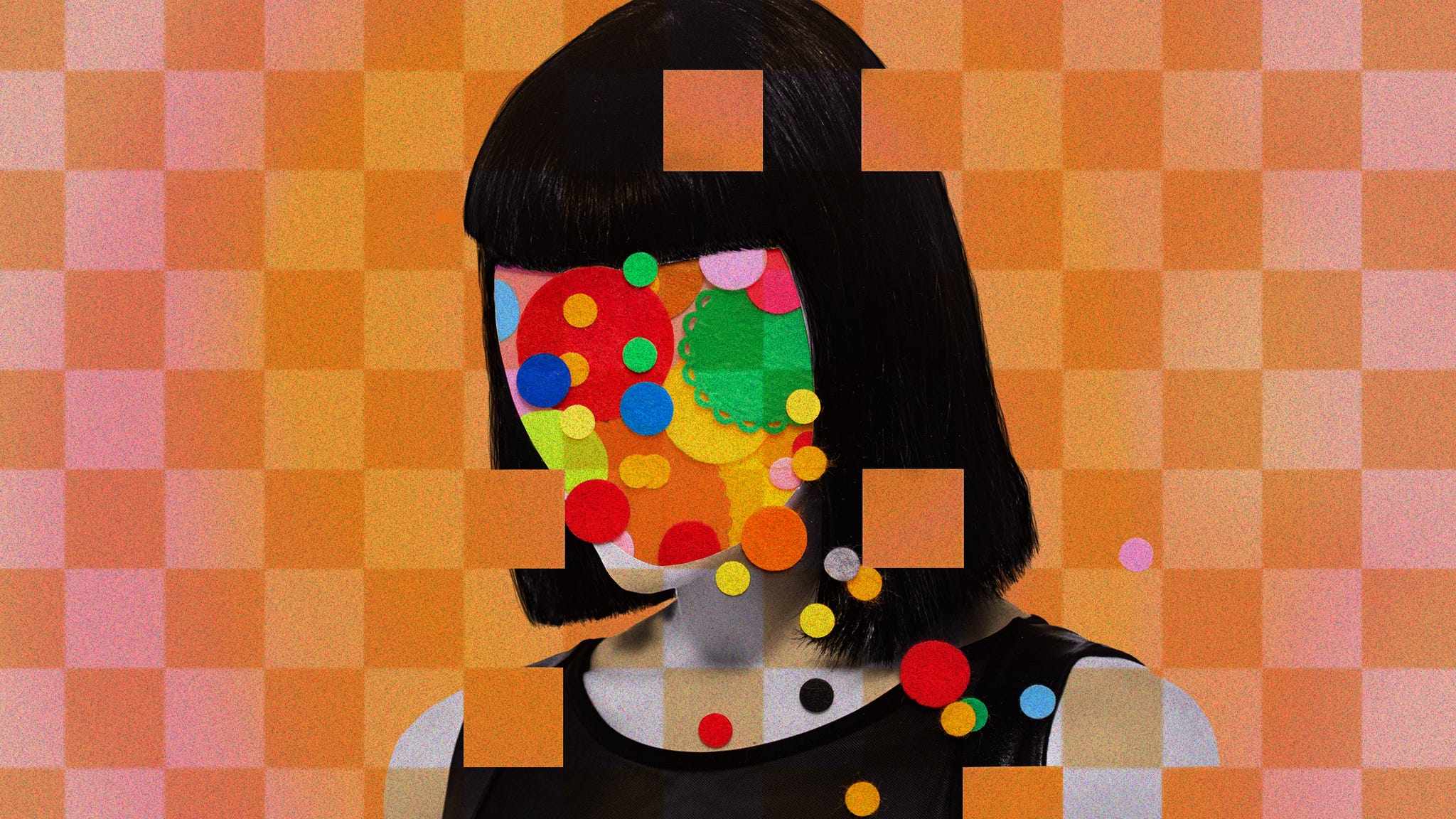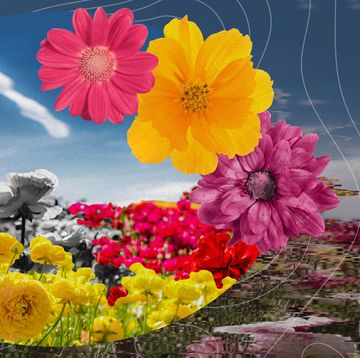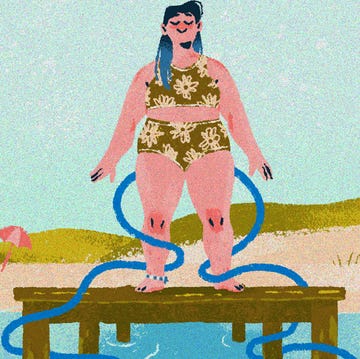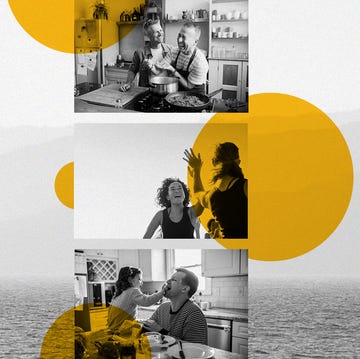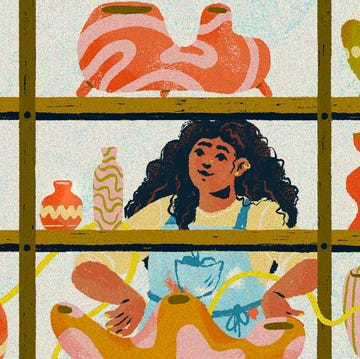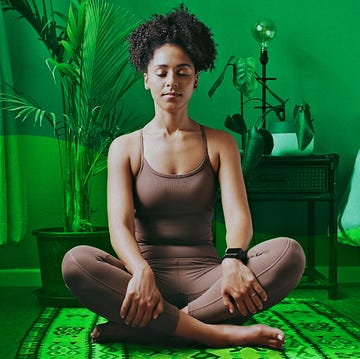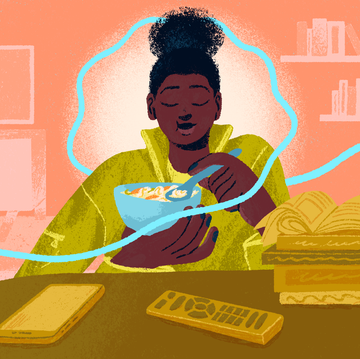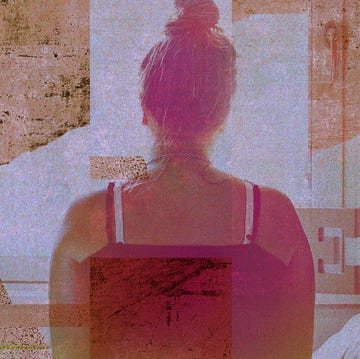In 2023, chances are high that a large portion of your life is spent living anonymously on the internet. Whether that’s lurking in subreddits, swiping through Instagram, or posting in a favorite Discord under a random username, most people’s digital diets consist of surfing and engaging with the web without their identities attached.
But for as much time as people spend reading and sharing their lives behind an avatar or possibly a fake handle, a question remains: Is it really all that freeing to be anonymous online? It’s a complicated idea that has been a part of internet discourse since the internet began.
Anonymous internet spaces have been around since the start of the World Wide Web, but they really took off once computers went mainstream in the 1990s. At first, this was achieved through what were called Usenet newsgroups and remailers, which were essentially early message boards that allowed users to post from different locations and forward correspondence without it being traced back to the sender. Like a lot of early computer programs, they could be unwieldy to use and required a little more technical know-how; it wasn’t as simple as clicking around a site and posting immediately.
Thirty years later, anonymity and secret-telling online are much easier and can take an infinite number of forms. There are, of course, more well-known social media sites, as well as all forms of Q&A help lines (ranging from individual advice columns to knowledge-sharing sites like Quora), hyper-niche Discords, anonymous gossip channels (hello, DeuxMoi), and much more. Active online users from the late 2000s and early 2010s might also remember all of the anonymous secrets that were spilled in large part thanks to upstarts like PostSecret, the blog that digitized postcards where people anonymously wrote in with their darkest private thoughts and feelings. So, if you want to say something on the web without people knowing that it’s you, there are plenty of ways to do it.
With more people claiming every year that the internet isn’t good for society, it’s easy to forget that there’s a lot to love about its anonymity: People can ask questions, find community, and explore their identities in ways they may not be able to in real life.
Laura*, who asked to remain anonymous, helped moderate a longtime popular reality TV dating show’s subreddit — which, due to its rabid and sometimes aggressive fan base, she also asked to remain anonymous — for several years, where she looked over the group’s countless threads and comments to make sure conversations remained appropriate, responded to questions and complaints from users, and helped make big-picture decisions about the subreddit’s rules and guidelines. She loved the community she helped build. “Several of my bridesmaids were actually people I first met online in various places, one of whom was on this subreddit when I first joined,” she explains. “The foundation of our friendship was rooted in this show, but obviously as I learned more about her over the years, that grew into us talking about a lot of other stuff.” Laura says that while the television show remained at the center of group discussions, people were able to anonymously connect it to their own lives and circumstances, whether that was about romantic entanglements, family issues, or other topics. It created a space where many readily opened up in ways they simply couldn’t offline.
Mallory*, a mental health counselor who has taken part in numerous anonymous fan-fiction forums over the last 15 years, says that writing her own work, sharing it with others, and reading what people have created have been instrumental to her own well-being. “While I work mostly with young people, so many people of different ages have anonymous acquaintances across the internet whom they rely on for emotional support,” she notes. “It helps that I too am someone who’s greatly benefited from expressing myself online without everybody knowing anything about my real identity aside from what I choose to tell them.”
Despite Laura’s and Mallory’s mostly positive experiences with anonymity, researchers have found that many internet users have increasing trouble deciphering between their “real” selves offline and their digital personae, and it messes with their “self-discrepancy,” or the difference between who we actually are as people versus how we see idealized versions of ourselves. Those scientists found that our different “selves” can become even more fractured through the internet, where we can build avatars that look, act, and talk nothing like us; it’s just as disorienting to realize that other folks we interact with are potentially doing the same thing, and there’s no way for us to know the difference.
When people hear about the repercussions of these private digital spaces and this fraught sense of self, they often think of the most extreme, violent, and devastating examples. These include incels — otherwise known as misogynistic men who are “involuntarily celibate,” which they often claim is the fault of women who aren’t attracted to them — and mass shooters, who are not infrequently first radicalized on anonymous spaces like 4chan or even simply in the darker corners of sites like Twitter, Facebook, and Reddit, where moderation can be easy to skirt.
Digital participation is a spectrum, though, and while there are a number of scary people taking part in forums with dark roots like white supremacy, Mallory says that she’s also had clients find their way to harmful beliefs through relatively mundane internet spaces. “Sometimes people don’t realize that things can get really sinister on sites and message boards that seem really normal on the surface,” she says. “Anonymity isn’t always a blessing.”
Laura knows this firsthand from her work. She recalls that a month after she became a mod (popular Reddit-speak for a subreddit “moderator”), a series of misogynistic comments on a single thread almost grew into a full-blown drama among the entire group. The ordeal couldn’t have come at a worse time for her in her actual life, as she was in the middle of a business trip pulling 14-hour days with her team. “I distinctly remember being on my phone trying to help the other subreddit mods work through this huge issue while I was in a bathroom stall at this expensive restaurant in Chicago. And then, obviously, I worried about being gone for too long since this was an important client dinner,” she says. “I think I stayed up until 1 in the morning helping my team with a deck and then was up until 4 with that subreddit situation. At the end of the day, there was no way to hold those users accountable; we could block them, but they were just avatars on a screen.”
When asked if she believes the anonymity in this subreddit really led to greater freedom, Laura believes it’s a double-edged sword. On the one hand, “I know from experience just how liberating it can be to find a community outside of your real life,” she says. “It’s honestly been lifesaving for me to have these people and these friendships that are different from what I have in person.”
However, her tenure watching over a popular digital space also helped her see the downsides in real time. “There was definitely a low level of stress no matter what was going on that day,” she explains. “People are bolder when they don’t have an identity online. At best, they’ll ignore social norms or just not understand boundaries. At worst, they’re promoting dangerous ideas and bullying other people.”
Mallory adds that from her own experiences posting anonymously online through the years, it can also be jarring when a community breaks up or you become an outcast in the group. Previously, she had to depart a separate fan-fiction group after she and several other members disagreed with a big decision that the leadership made.
“There’s something really disorienting about leaving or being kicked out of an online community because at the end of the day, it was this huge part of my days, and yet once I actually stepped away and logged off, I realized that it wasn’t real life in a sense. These people knew me, and yet they didn’t know me,” she explains. “I think that incident was a wake-up call for me in terms of making sure I had a life away from the screen — where people actually know who I am.”
Of course, just because someone has parts of their actual identity online doesn’t mean it’s accurate or that followers actually know that person. The rise of the influencer industrial complex over the past decade has led to plenty of parasocial relationships forming, where users have a one-sided emotional attachment to a person they aren’t actually socially acquainted with in any form. It’s like how people might feel like they’re “friends” with a member of their favorite band or a fashion Instagrammer they’ve followed for years despite having never spoken to them.
That said, as long as the internet is around, there will always be plenty of people who are much more anonymous than the average influencer. So, can there be a happier middle ground?
Mallory says yes, and she’s used her experiences as examples when talking to her clients about when anonymity on the internet can be useful and when it can be a hindrance. “Internet communities can be a wonderful supplement to real life, and it’s okay if you rely on them a little more from time to time for support,” she notes. “But they shouldn’t take the place of being out in the physical world and seeing what people out there have to offer.”
On the flip side, both she and Laura believe that it’s important to know when to log off if those online spaces are no longer serving someone, hard as that may be. “There’s that saying that we all need to go outside and touch grass,” Laura says. “It’s true: Some people really need to turn off their phones and touch that grass.”
Above all, both women believe that sometimes the best way to cure digital fatigue is a little time IRL away from your internet world. “The internet is great,” Laura concludes, “but these days, I aim to make real life even better.”
* Names changed to protect identities.
Lily Herman is a New York-based writer and editor. You can find her on Instagram.
Get Shondaland directly in your inbox: SUBSCRIBE TODAY
